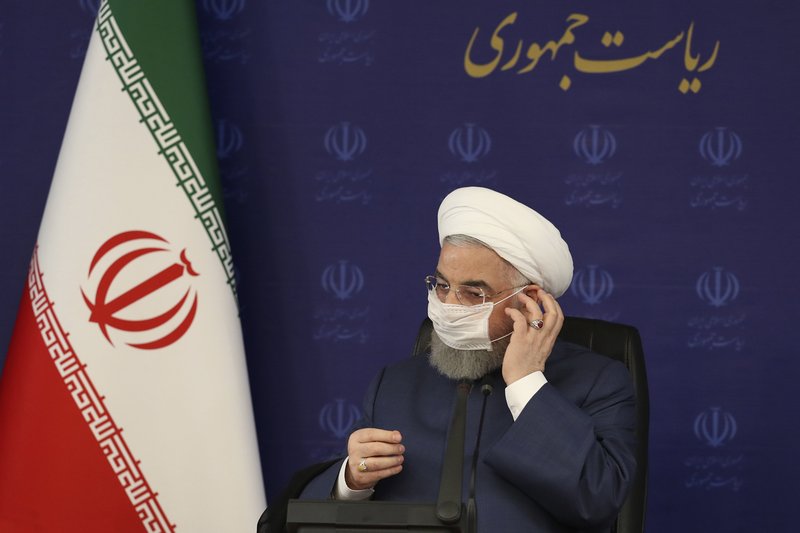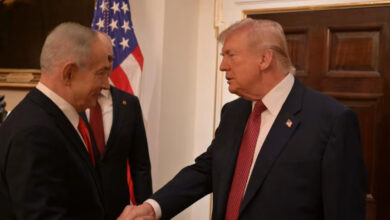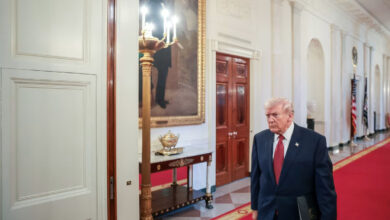
President of the Islamic Republic of Iran Hassan Rouhani expressed his hope for a normalization of relations between Iran and the USA and a return to negotiations, in a press conference on Wednesday.
Rouhani was hopeful that the policies of President-elect Joe Biden would be an improvement on those of the outgoing president, Donald Trump.
He stated his optimism on the condition that the incoming US government would “clearly condemn Trump’s terrorist and anti-humanitarian policies and actions,” and “make up for the defective politics that the previous government carried out for four years.”
An ‘easy’ problem to solve
The Iranian president made it clear that if the US government showed itself willing, then “solving this problem will be very easy.”
He suggested that the two countries could decide to roll back the past four years and return to the relationship they had developed by January 20, 2017 — the date Donald Trump was inaugurated as president of the United States.
The Iranian Students’ News Agency (ISNA) tweeted a video of the conference and quoted the Iranian president saying: “Iran’s policy has been to meet obligations with obligations, actions with actions and de-escalation with de-escalation.”
While denying that the Islamic Republic’s plans were determined by developments in other countries, Rouhani admitted that the lives of Iranians were impacted by “inhuman and unjust pressure from the White House” and that if the US were to return to its obligations, the conditions in which Iran finds itself would change.
Iran’s Supreme Leader cautious about opening up to the West
Rouhani’s optimism contrasted the words of Iran’s supreme leader who had warned against hopes of an “opening” with the West on Tuesday.
Ayatollah Ali Khamenei told Rouhani in a meeting that: “We can’t trust foreigners and hope for an opening on their part.”
“We tried to lift sanctions once and negotiated for several years, but to no avail,” he said on state television, in reference to the Iran nuclear deal signed in 2015 with several countries, but which Donald Trump expressed extreme hostility to.
The deal eased the sanctions against the Islamic Republic in exchange for curbs on the country’s nuclear program. But President Donald Trump unilaterally withdrew and imposed new sanctions after taking office.
Other signatories to the Iran nuclear deal expressed opposition to President Trump’s Iran policy and the endangering of the deal which they have tried to keep on life support.
Iran’s dire economic situation, already battered by years of sanctions, has been furthered decimated by the coronavirus pandemic.
By Alex Berry
This article was written with support from Reuters.




